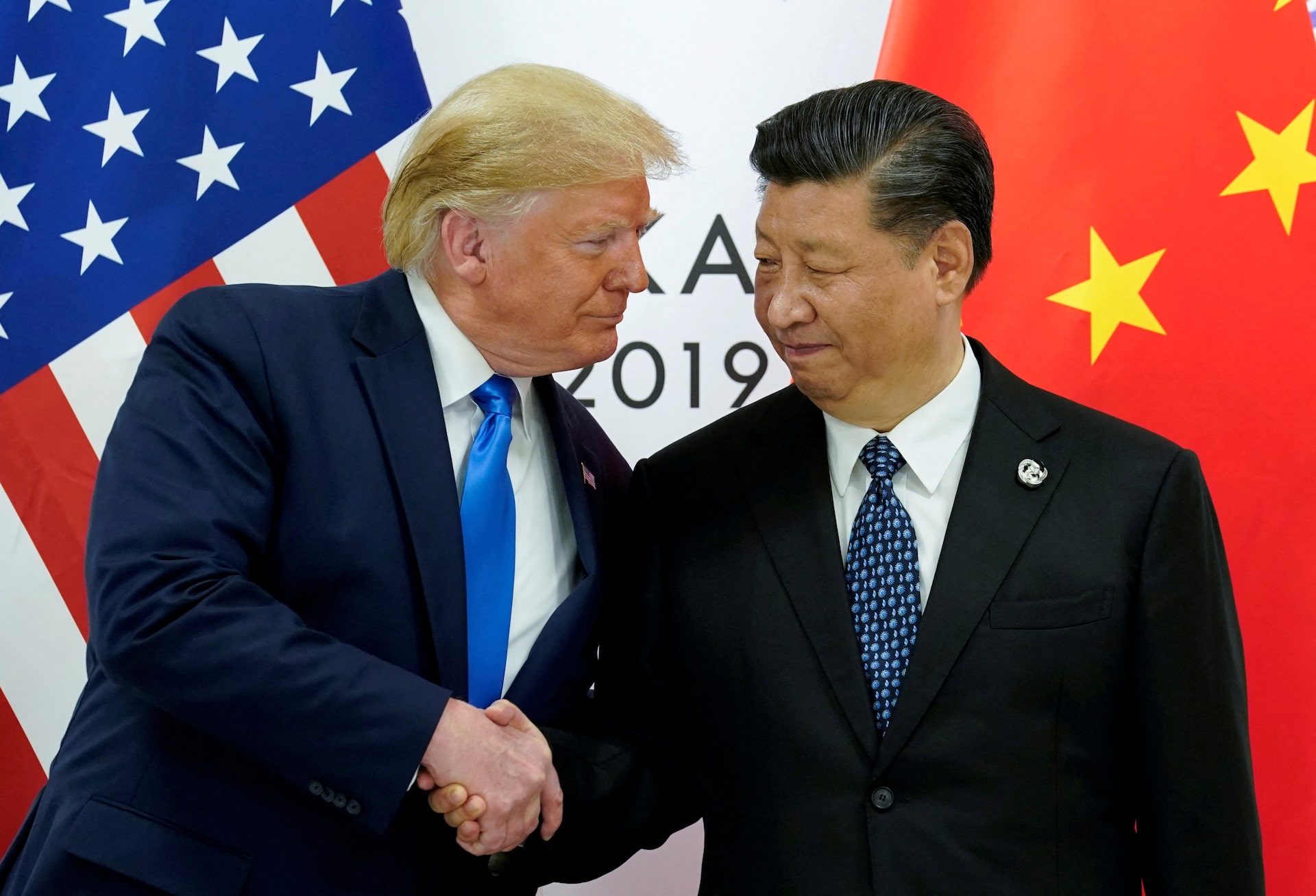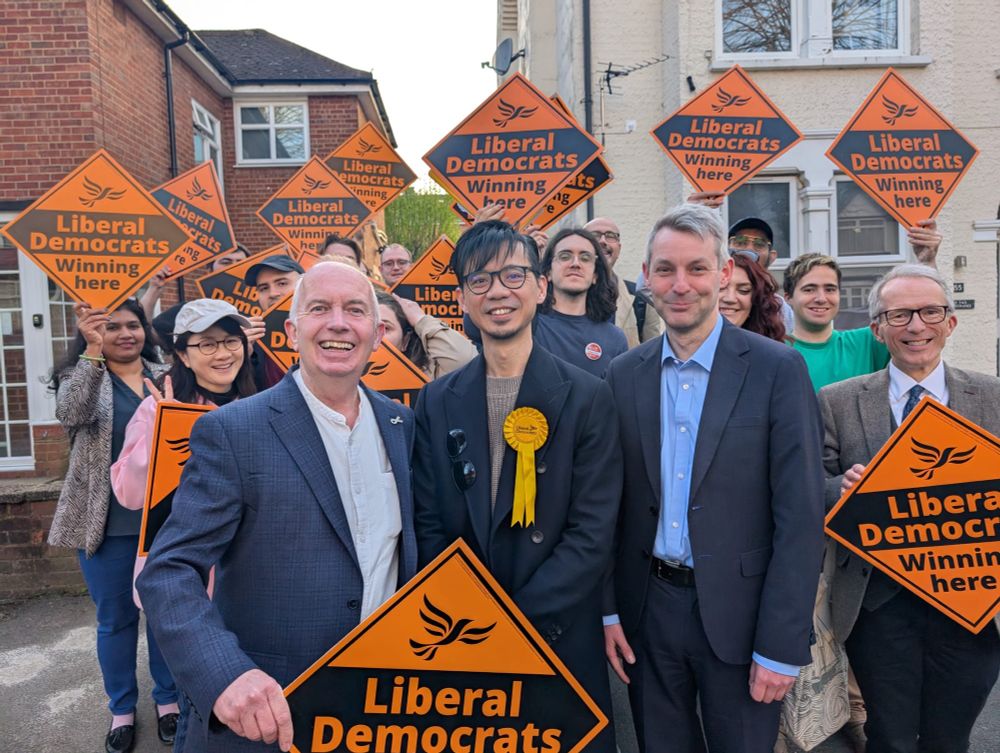Former US President Donald Trump has expressed his desire to visit China as part of his efforts to rebuild ties with Peking. However, uncertainty looms over this potential visit, given recent political developments in China, including a significant reshuffle in the Chinese Communist Party (CCP) leadership. Speculation is also rife about possible power struggles within the party, with some even questioning whether President Xi Jinping’s grip on power remains unchallenged.
Trump’s Hopes for a Peking Visit
According to reports, Trump is eager to engage with Xi Jinping and visit China if he wins re-election. The former president believes that direct diplomacy with Peking could help ease trade tensions and geopolitical disputes. However, the response from China has been less than enthusiastic, with sources suggesting that Xi may not be particularly keen on hosting Trump.
This reluctance may stem from the historically strained US-China relationship, especially after Trump’s first term saw a trade war, sanctions on Chinese tech firms, and increased tensions over Taiwan (R.O.C.). The situation has not improved under President Biden, and Peking remains highly sceptical of Washington’s intentions.
Leadership Shake-up and Internal Tensions in Peking
Further complicating matters is a recent political reshuffle within the CCP. Central United Front Work Department Minister Shi Taifeng has been reassigned as the Head of the Central Organisation Department, while his predecessor Li Ganjie has taken over the United Front position.
The United Front Department plays a crucial role in China’s overseas influence operations, particularly in Hong Kong, Taiwan (R.O.C.), and Western nations. This unusual personnel swap has raised questions about internal realignments within the party.
Meanwhile, speculation persists about potential power struggles within the CCP. While past rumours of a coup against Xi Jinping have proven unfounded, the secrecy surrounding Chinese politics makes it difficult to assess the extent of internal dissent. Nonetheless, any significant leadership conflict could impact Peking’s foreign policy and its willingness to engage with the US.
Implications for US-China Relations and Trump’s Visit
With internal political shifts in Peking and uncertainty over Xi’s long-term standing, Trump’s hopes for rekindling ties with China remain in question. If Xi is indeed facing internal challenges, he may prioritise consolidating his power over engaging in high-profile diplomatic meetings.
Moreover, should Trump win the 2024 election, his previous stance on China—including tariffs and a confrontational approach—could further deter Peking from welcoming him. While Trump appears keen to reconnect with Xi, it remains unclear whether the feeling is mutual.
For now, whether Trump’s visit will materialise is uncertain. However, one thing is clear: China’s internal political landscape is shifting, and the impact of these changes could reverberate far beyond Peking’s corridors of power.




